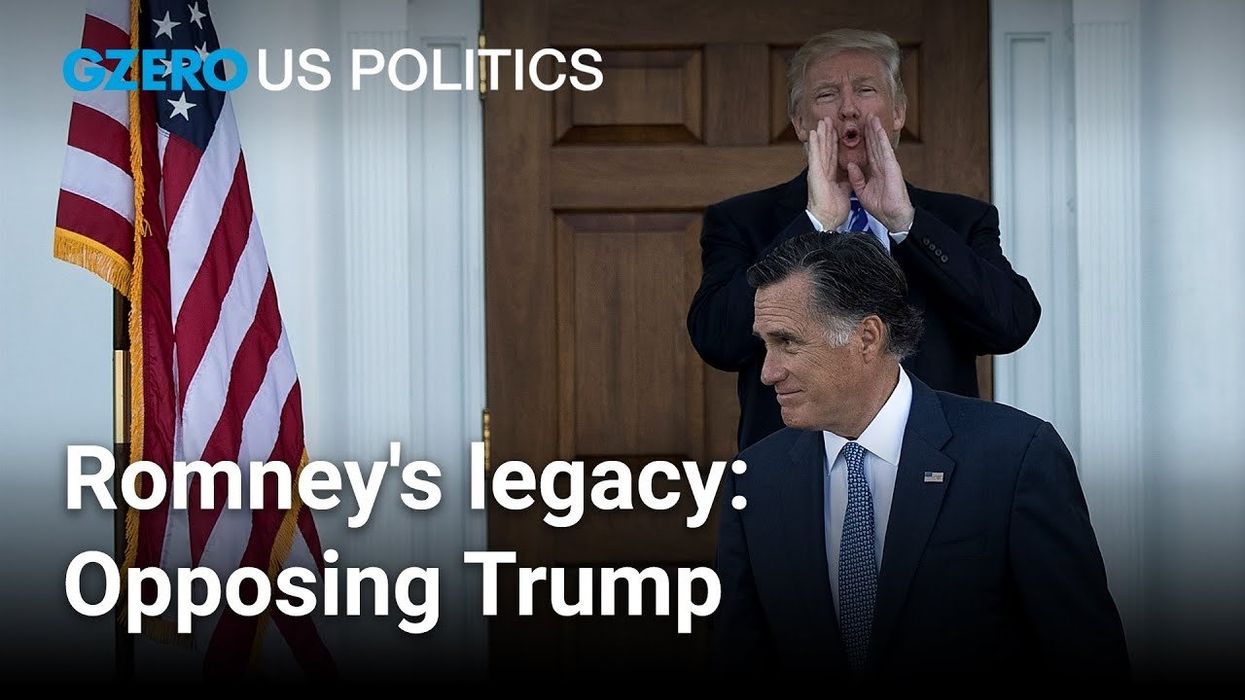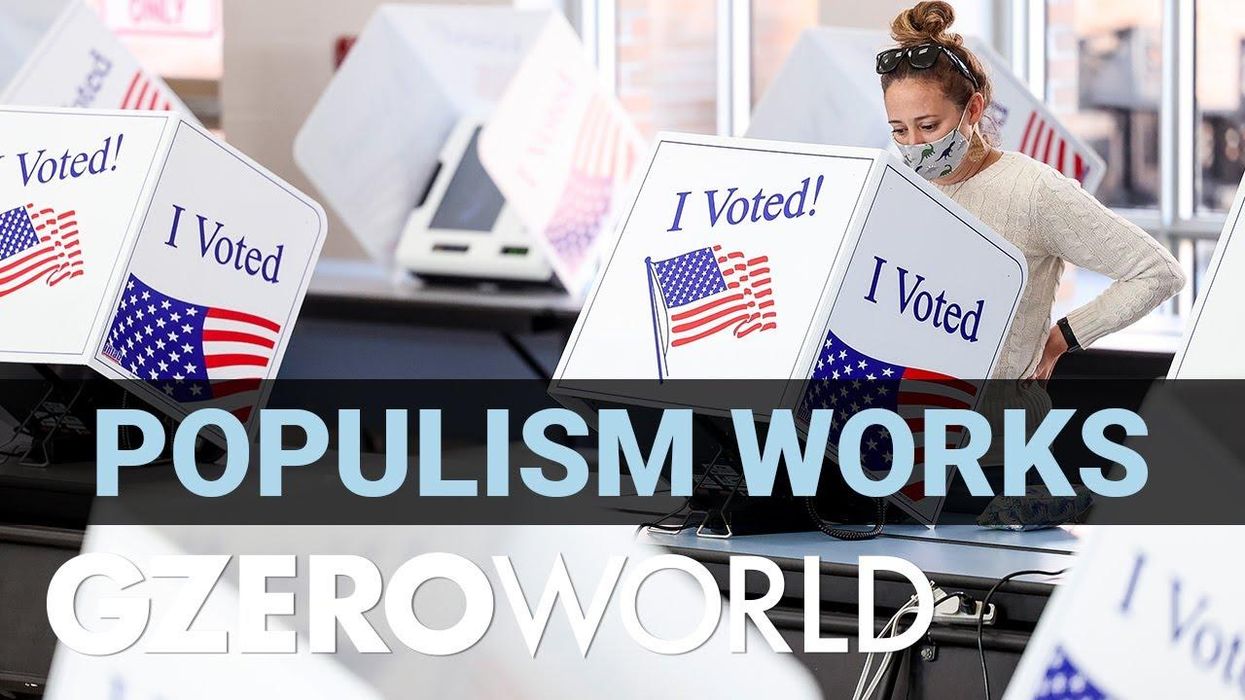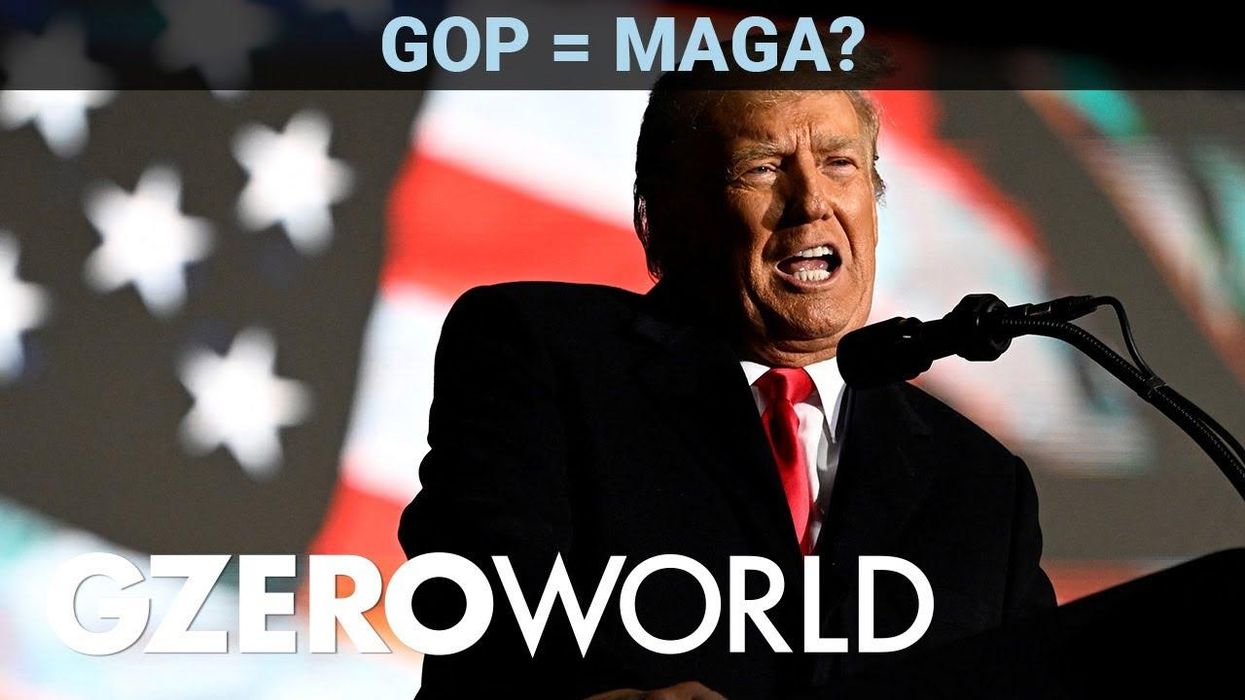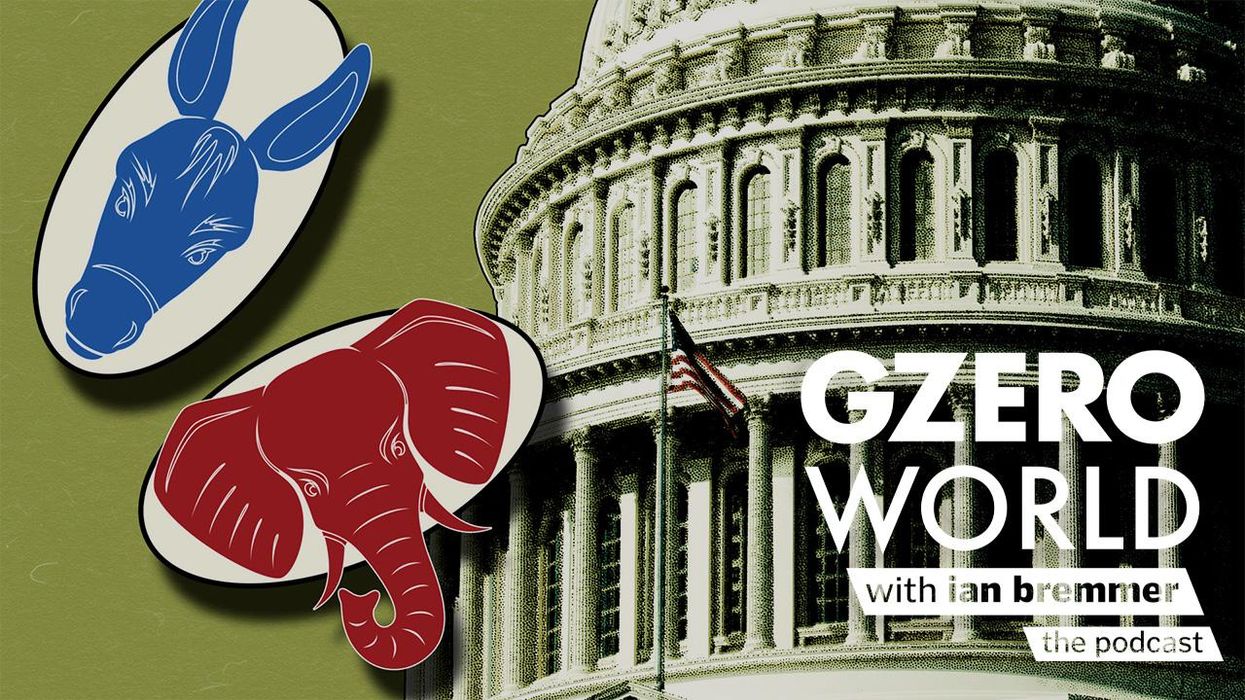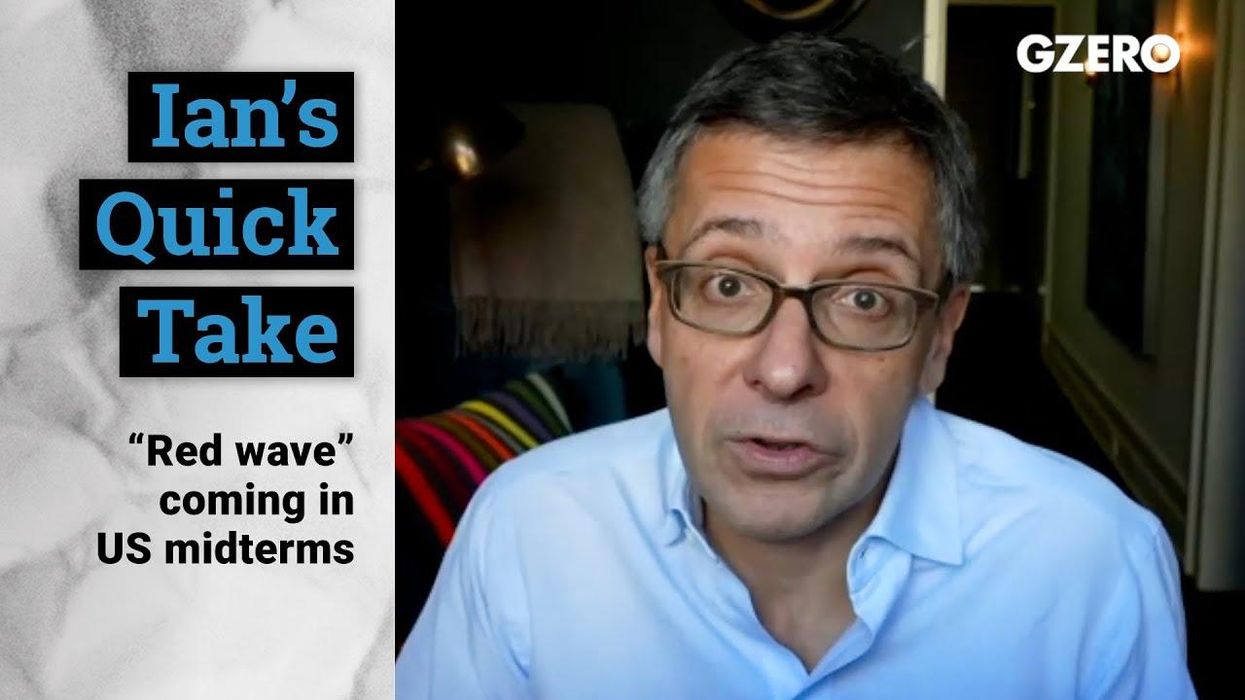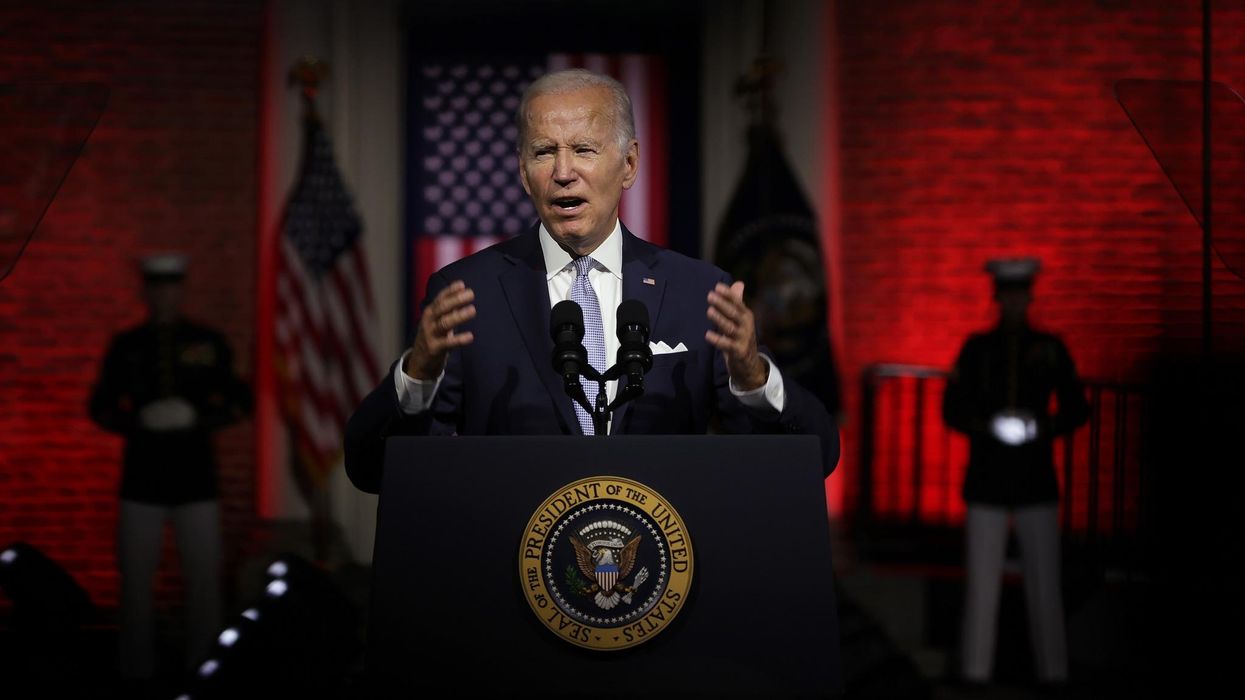Analysis
Here’s what you missed while you were away
As summer winds down this weekend, here are the geopolitical stories you may have missed while your inbox was on “out of office” — the ones we expect will have the biggest impact this fall.
Aug 29, 2025

